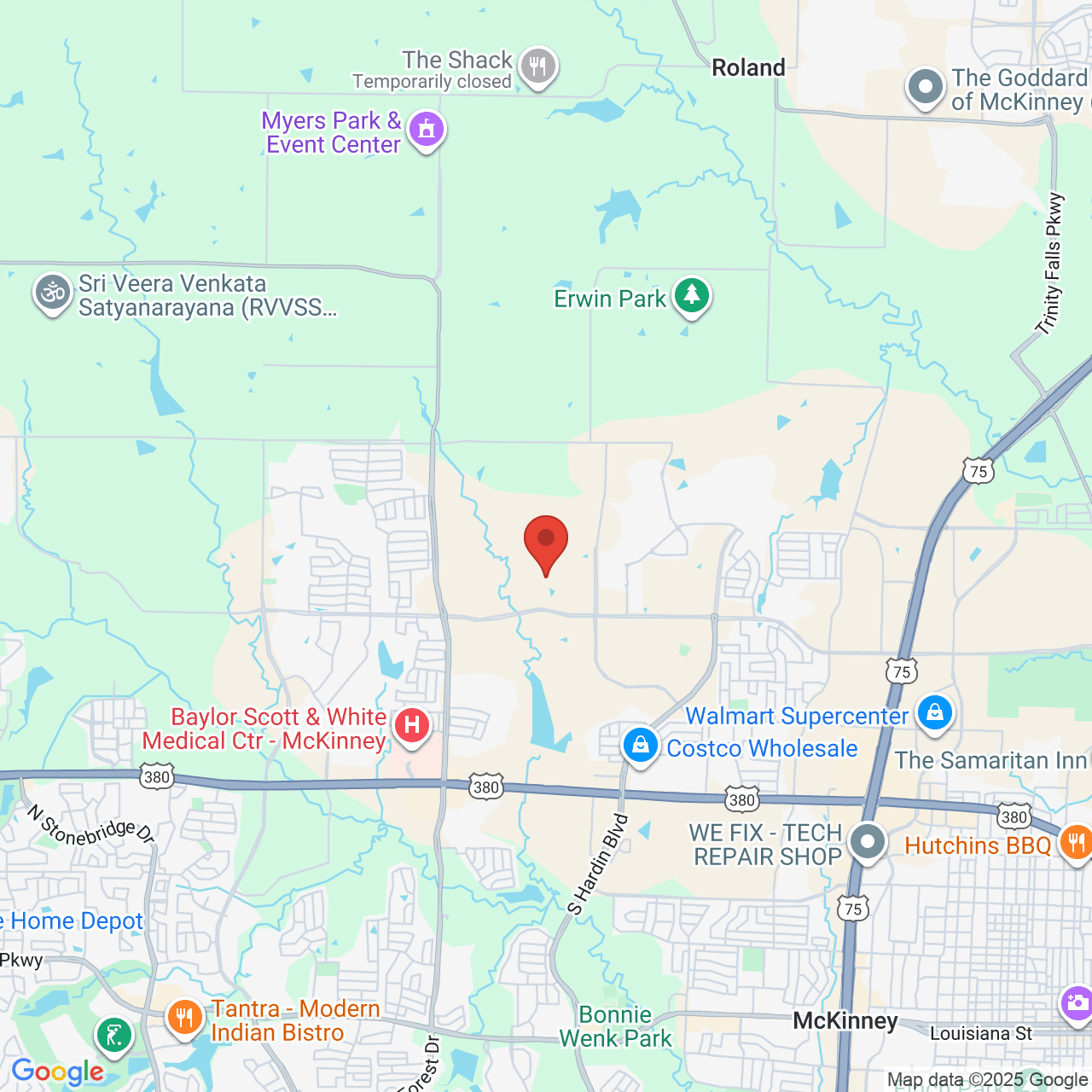Types of Evidence in Employment Discrimination Cases
 State and federal laws prohibit discrimination in the workplace. Discrimination can be defined as mistreatment (or denial of opportunities) based on factors such as gender, race, color, religion, age, sexual orientation, and other protected classes. Unfortunately, even with strict laws in place, workplace discrimination remains a problem.
State and federal laws prohibit discrimination in the workplace. Discrimination can be defined as mistreatment (or denial of opportunities) based on factors such as gender, race, color, religion, age, sexual orientation, and other protected classes. Unfortunately, even with strict laws in place, workplace discrimination remains a problem.
Individuals who believe they have faced discrimination at work can file an employment discrimination claim to seek compensation for related losses. It can be difficult to prove discrimination in the workplace, but attorney Dan A. Atkerson will collect various types of evidence to demonstrate employment discrimination, so that our Allen, TX, Plano, TX, and Frisco, TX clients can be justly compensated.
Workplace Communication
Workplace communication, such as emails, texts, voicemails, etc., are a common type of evidence used in an employment discrimination case. In this day and age, employers are well aware of anti-discrimination laws, so it is highly unlikely that a discriminatory statement would be made directly. However, even if direct comments are not found in communication, this source of evidence can help demonstrate a pattern of discrimination or mistreatment.
Workplace communication may also be used to discredit the cause of termination. For instance, if an employer claims the employee was let go due to poor performance, but emails show a history of praise, that can call into question the actual cause of termination.
Performance Reports
It is common for an employer to claim a person was fired or denied a raise or promotion based on poor performance. Mr. Atkerson and our legal team will request past performance reports for our clients to see if those claims can be substantiated. If performance reports show that an employee was meeting or exceeding workplace expectations, it demonstrates that they were terminated, denied employment opportunities, or otherwise mistreated due to discrimination.
Documentation Relating to Termination
When employment discrimination results in termination, there should be paperwork that explains why the employee was fired. Our attorneys will ask for further documentation to back up the claim of termination. For instance, if an employer claims that excessive absence was the reason an employee was fired, we will ask for documentation, such as timecards, to show how often our client actually missed work. In many cases, this type of documentation disproves, rather than proves, the reason for termination.
Witness Testimony
Witness testimony is often crucial in an employment discrimination case. Despite the efforts an employer may take to conceal discrimination, there are often witnesses to the mistreatment. Since employment discrimination cases tend to come off as a “he said, she said” battle, having a third party that substantiates discrimination claims can be highly beneficial.
Personal Testimony
Personal testimony is one of the strongest types of evidence in an employment discrimination case. The more detail that can be provided, the better. We advise our clients (or anyone who believes they are facing discrimination) to document all instances of discrimination. It is important to note the date, time, what was said or done, and the name(s) of anyone who may have witnessed the encounter. These details will strengthen a case and demonstrate credibility.
Get in Touch
If you have been a victim of employment discrimination, attorney Dan A. Atkerson can fight to get you compensation for related damages. To discuss the details of your case and learn more about your legal options, send us a message online or call (214) 383-3606. We serve patients in Allen, Plano, and Frisco.



